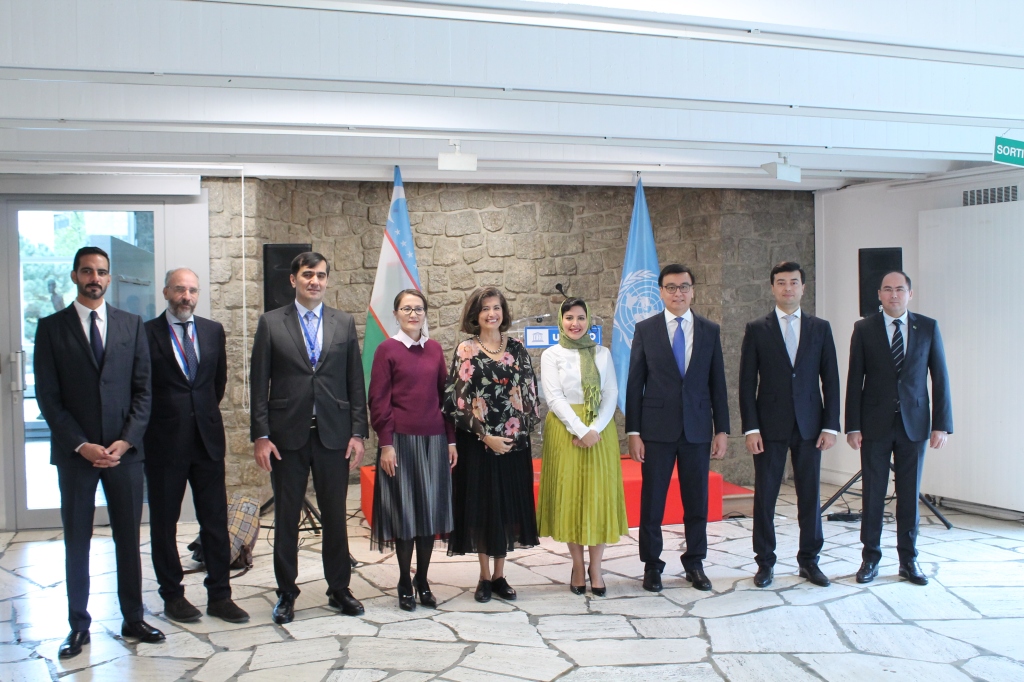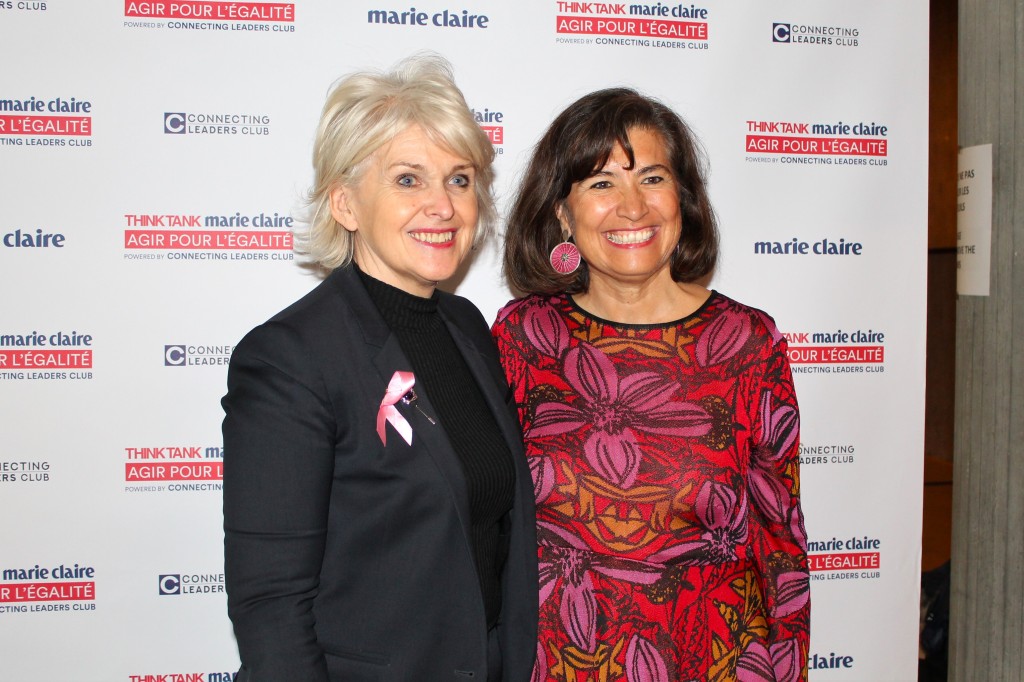UNESCO e-Platform on Intercultural Dialogue
Ladies and Gentlemen,
I would like to welcome you to the presentation of UNESCO’s e-Platform on Intercultural Dialogue,an inte ractive hub for knowledge and engagement. This fantastic project was made possible thanks to the generous support and commitment of Azerbaijan.
Inequalities, discrimination and violence are ongoing global concerns that were reinforced by the Covid pandemic. 99% of the global population lost income and over 160 million people were forced into poverty. Among those, women and girls were the worst hit.
Together, we have to rebuild trust and understanding – we need to talk! Intercultural Dialogue can help find solutions and build back better.
Currently, 1.5 billion people live in countries where poverty, terrorism, conflicts and forced displacement are widespread, and where Intercultural Dialogue is failing. These countries also score 77% lower in gender equality rankings. In turn, in countries where Intercultural Dialogue thrives, communities remain more stable and gender equality is high on the agenda.
But our societies are also affected by rapid technological developments. Digital technologies both have the power to bring us together and push us apart.
Collaboration and dialogue are, therefore, critical for fair, diverse and secure societies!
This is why we developed the e-Platform on Intercultural Dialogue: to provide resources and share knowledge to confront inequalities. The platform is driven by two objectives:
- To promote good practices such as publications, artistic expressions or training material; and,
- To promote knowledge-sharing and collaborative opportunities between stakeholders working in different areas where intercultural dialogue is key, such as youth, women’s empowerment, migration and the inclusion of marginalized groups.
Linked to the e-platform are the Intercultural Dialogue Talks that showcase powerful personal stories of how cross-cultural understanding is helping societies to tackle challenges more effectively.
Last September, we launched the data-led Policy Framework for Intercultural Dialogue. Through the data we produced for nearly 160 countries, we are now equipped with the knowledge needed to inform better policies to strengthen support for Intercultural Dialogue.
We have also developed intercultural competencies and capacities for social inclusion through our Story Circles project, and through the Art-Lab for Dialogue and Human Rights which invests in arts practice in processes of memory and reconciliation.
We will soon launch an initiative in Poland in collaboration with the IOM for women and youth on the move from Ukraine.
Finally, I would like to inform you that intercultural dialogue will be promoted through the second edition of the Global Forum against Racism and Discrimination, to be held in Mexico City on 28-29 November. It will provide a unique space for dialogue among stakeholders against racism and discrimination with a focus on the most vulnerable populations in the context of the global pandemic. On that occasion, we will launch a “Writers against Racism” network to leverage the power of literature and issue an outcome document for Member States with concrete recommendations.
I would like to conclude by thanking again Azerbaijan and Ambassador Elman Abdullayev for their support, which, I hope, will extend to future collaboration.
Thank you.



